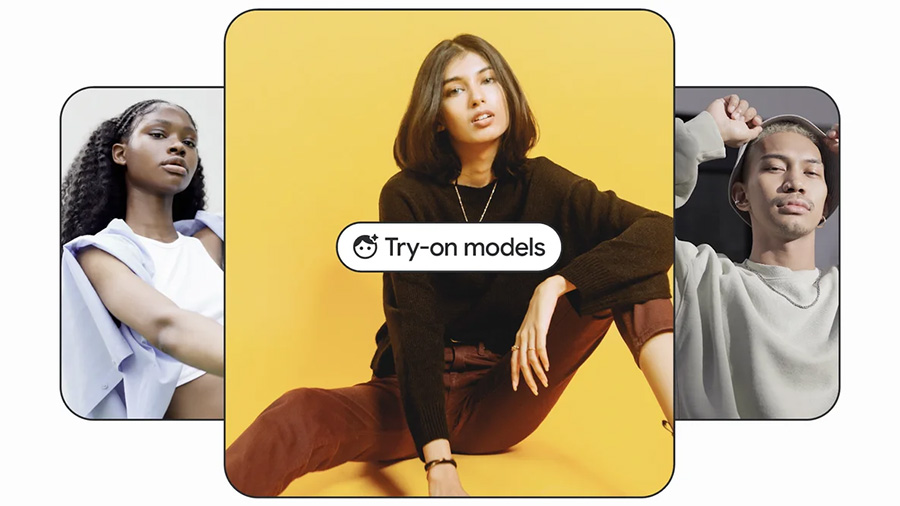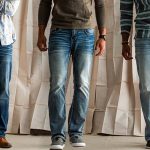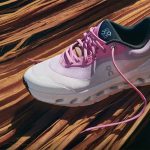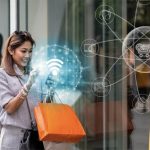Google introduced a generative AI-powered virtual try-on option for shoppers searching for apparel online using digital models to represent an individual’s body type.
Lilian Rincon, Google’s Senior Director of Product, Shopping, wrote, “Virtual try-on for apparel shows you how clothes look on a variety of real models. Here’s how it works: Our new generative AI model can take just one clothing image and accurately reflect how it would drape, fold, cling, stretch, and form wrinkles and shadows on a diverse set of real models in various poses. We selected people ranging in sizes XXS-4XL representing different skin tones (using the Monk Skin Tone Scale as a guide), body shapes, ethnicities and hair types.”
Shoppers tap on products with the “try on” badge in Google Search and select the model that looks most like them.
Ira Kemelmacher-Shlizerman, Google’s senior staff research scientist, Shopping, wrote, “We trained the model using many pairs of images, each including a person wearing a garment in two different poses — let’s say, an image of someone wearing a shirt standing sideways and another of them standing forward. In this scenario, the AI model learns to match the shape of the shirt in the sideways pose with the person in the forward pose, and vice versa, until it can generate realistic images of the shirt on that person from all angles. To take it up a notch, we repeated this process using millions of random image pairs of different garments and people. The result allows you to see what a top looks like on the model of your choice.”
Launched on June 14, Google’s virtual try-on option is available to all U.S. shoppers looking for women’s tops from brands including Anthropologie, Everlane, H&M, and Ann Taylor LOFT. Google’s AI tool is limited to women’s tops, but men’s tops will be added before the end of 2023.
Working alongside Google’s Shopping Graph, the company’s data set of products and sellers, the technology could scale to more brands and items over time.
Google said apparel is one of the most searched shopping categories. But 42 percent of online shoppers do not feel represented by images of models listed, and 59 percent feel dissatisfied with an item they shopped for online because it looked different on them when received han expected. These findings are part of a Google Ipsos poll that surveyed 1,614 U.S. adults who had shopped for clothing online in April 2023.
Google’s AI feature is available for mobile on Google Search across its Android and iOS platforms.
Photo courtesy Google















